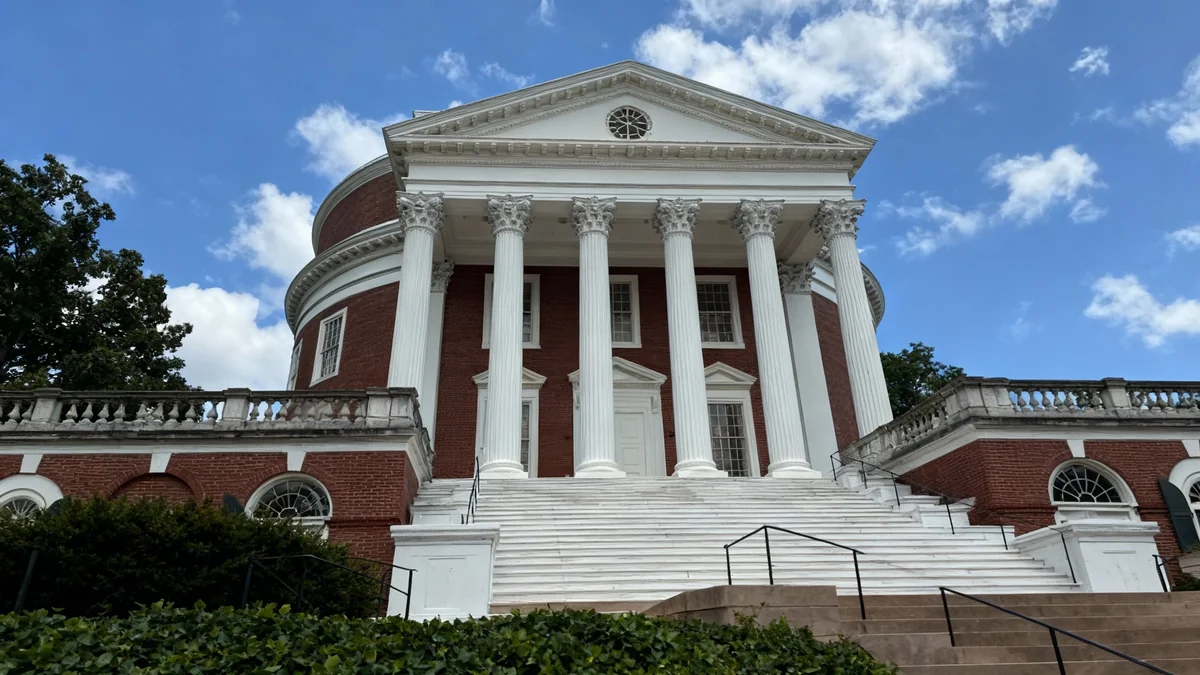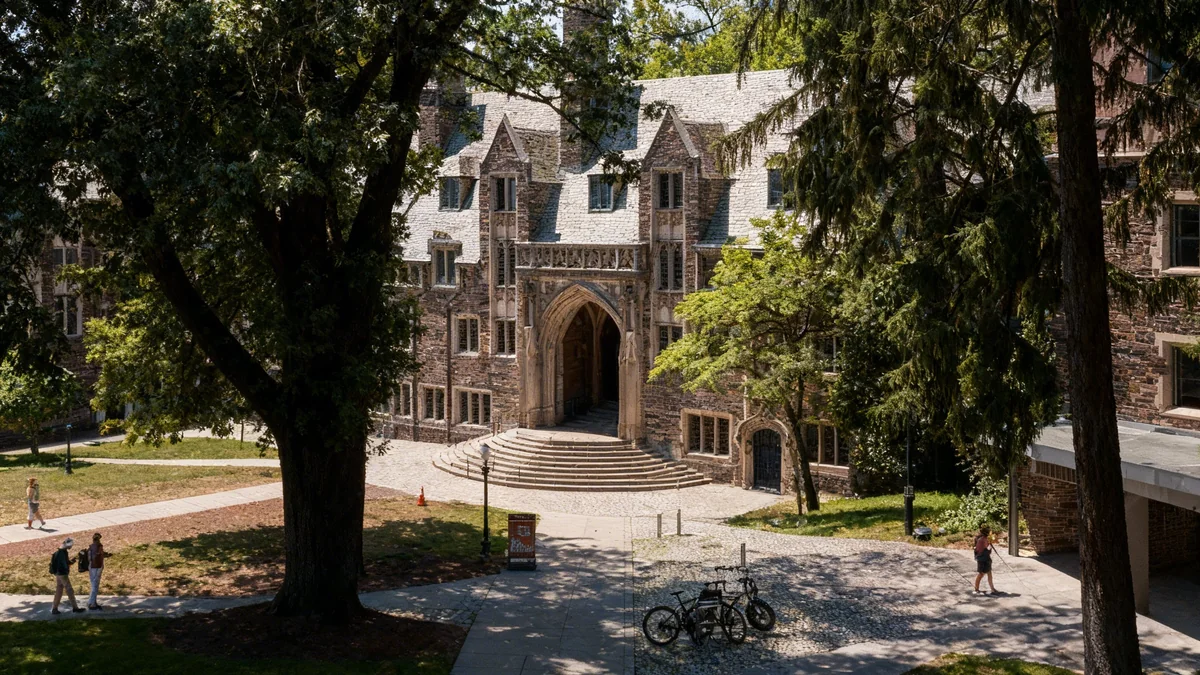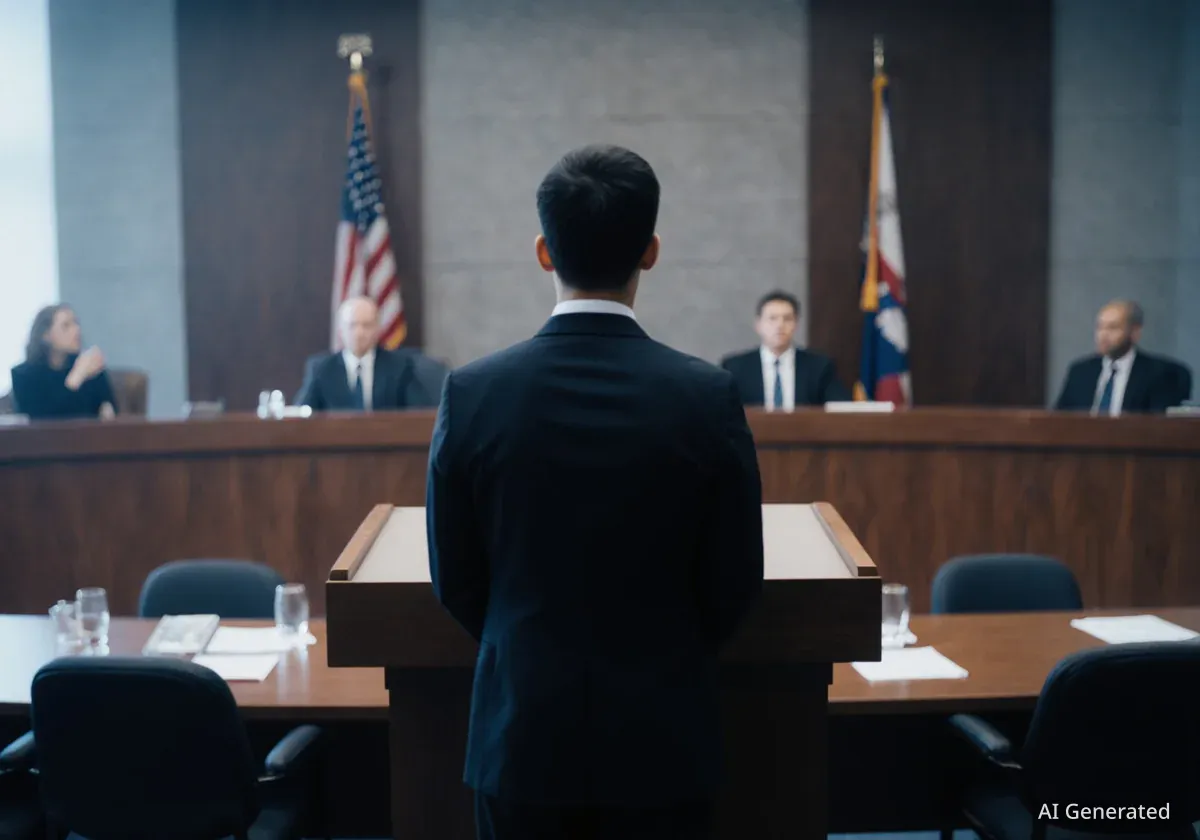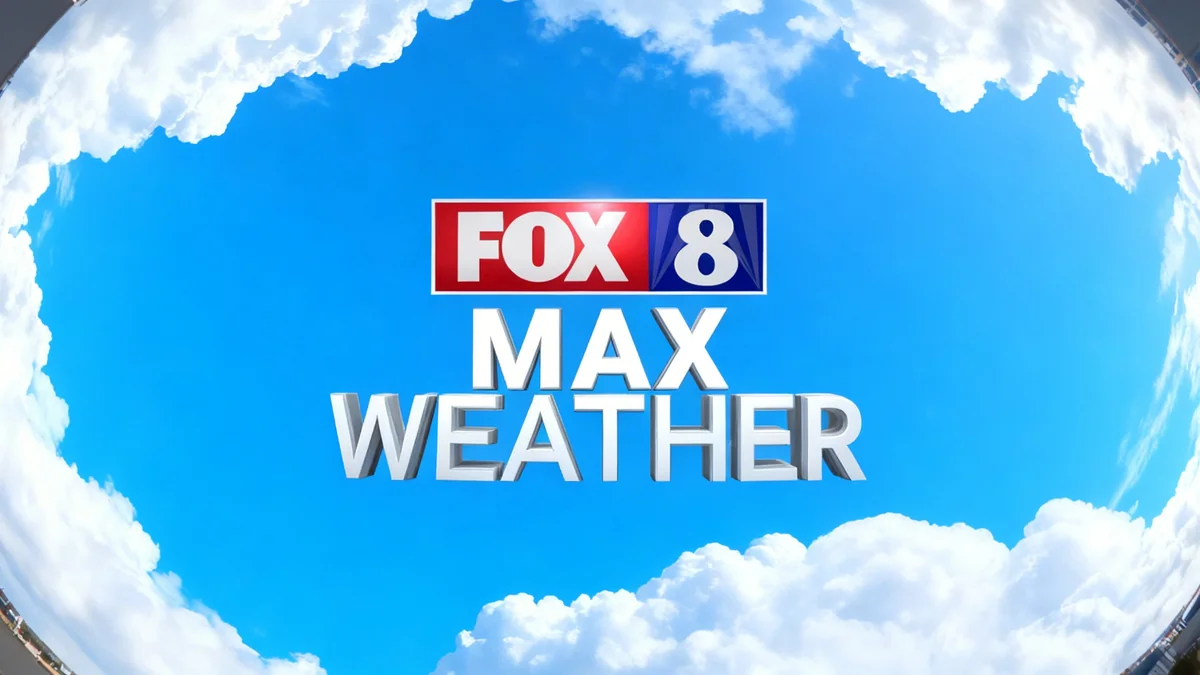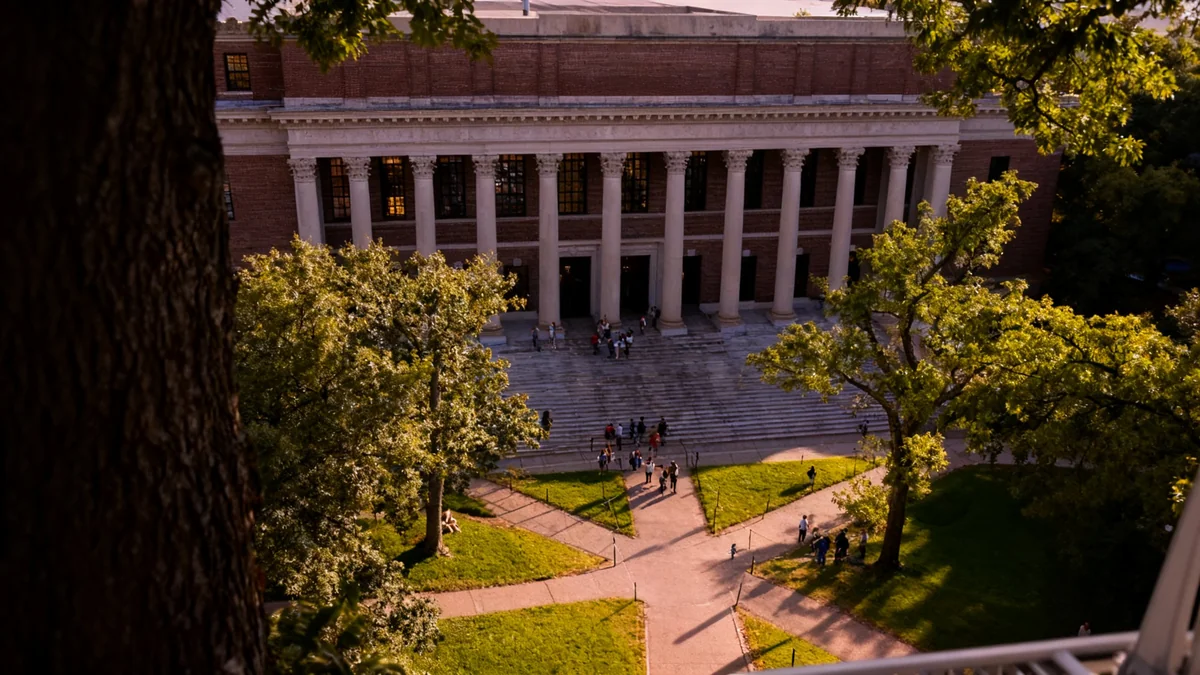Virginia Governor-elect Abigail Spanberger has pledged to fill critical vacancies on the governing boards of three state universities on her first day in office. The move aims to resolve a standoff that has left the boards of the University of Virginia, George Mason University, and the Virginia Military Institute with numerous empty seats.
The appointments are a top priority for the incoming administration, particularly at the University of Virginia, which is in the midst of a search for a new president. Spanberger emphasized the need for a fully constituted board to legitimize the selection process.
Key Takeaways
- Governor-elect Abigail Spanberger will appoint new members to university boards on January 17, her first day in office.
- The decision follows a court ruling that upheld the state Senate's rejection of 22 of Governor Glenn Youngkin's appointees.
- A total of 22 vacancies exist: 10 at George Mason, 7 at VMI, and 5 at UVA.
- Spanberger is also focused on an "affordability agenda," Virginia's energy supply, and looming state budget challenges.
University Governance in Limbo
The urgency stems from a recent Virginia Supreme Court decision. The court let a lower-court injunction stand, which prevents 22 of Governor Glenn Youngkin's appointees from serving on the boards after a Senate committee blocked their confirmation.
This has created significant vacancies, raising questions about the boards' ability to conduct official business. George Mason University has 10 open seats, VMI has seven, and the University of Virginia has five.
Spanberger, a UVA alumna, has specifically requested that the university's Board of Visitors pause its presidential search until she can fill the five vacancies. She has stressed the importance of a complete and legally compliant board making such a critical decision.
"I think it is of the utmost importance to the university, to Virginia, to governance, and ultimately to the success of a potential president, that that president be appointed by a fully constituted and statutorily compliant board," Spanberger stated in a recent interview.
The governor-elect's public request drew criticism from Governor Youngkin, who called it a "breach of protocol." Despite this, Spanberger is moving forward with her plan to make the appointments immediately upon taking office on January 17.
A Historic Governorship and a New Agenda
Abigail Spanberger is set to become Virginia's first female governor. She recalled her family's disappointment in 1993 when Mary Sue Terry, the first woman to win statewide office, lost her gubernatorial bid to George Allen.
Drawing on her diverse professional background, Spanberger feels prepared for the executive role. She has served three terms in the U.S. House of Representatives and previously worked as a case officer for the Central Intelligence Agency and as a U.S. Postal Service inspector.
From Congress to the Governor's Mansion
Spanberger's experience in the legislative branch, serving under both Republican and Democratic presidents, has given her insight into executive-legislative relations. She believes this, combined with her intelligence and law enforcement background, provides a unique skill set for governing.
Her campaign centered on an "affordability agenda" which she intends to make the central theme of her administration. This platform resonated with voters, leading to a decisive 15-percentage-point victory over Republican opponent Winsome Earle-Sears on November 4.
Key priorities include expanding affordable housing, lowering prescription drug costs, and controlling rising electricity prices for Virginians.
Confronting Virginia's Energy and Budget Challenges
Beyond her immediate administrative goals, Spanberger is focused on two significant long-term issues: a potential energy crisis and a challenging state budget.
The Looming Energy Crisis
Spanberger has expressed serious concern over Virginia's energy supply. The state is currently the largest net importer of energy in the United States, a situation she described as "not a good place for us to be."
The rapid growth of data centers, particularly in Northern Virginia, is driving an exponential increase in demand for power. Spanberger warned that without immediate action to increase in-state energy production, the problem will only worsen.
Virginia is the largest net importer of energy in the U.S., meaning it consumes more energy than it produces. This reliance on outside sources can lead to higher costs and supply vulnerabilities.
Addressing this will require navigating complex state and local government relationships over the siting of new power generation facilities, from solar farms to natural gas plants. It will also involve re-evaluating the Virginia Clean Economy Act, which sets a 2045 deadline for eliminating fossil fuels in electricity production.
Spanberger believes a balance can be struck between meeting urgent energy needs and maintaining the state's commitment to clean energy goals. "I don’t think that it has to be viewed as that sort of zero-sum circumstance," she said.
Navigating a Tight Budget
The incoming governor also faces a difficult fiscal landscape. The state budget, which Governor Youngkin will propose in December, is expected to be strained by rising costs for Medicaid, K-12 education, and food assistance programs.
Furthermore, recent federal tax cuts will have a significant impact on state revenue. Conforming to the new federal tax law is projected to cost Virginia at least $1.1 billion over the next three years, with that figure potentially doubling if other provisions are adopted.
Having attended recent legislative budget retreats, Spanberger said the financial outlook was challenging but not unexpected. She noted that federal emergency funding during the COVID-19 pandemic led to temporary revenue surpluses, and the state is now returning to a more difficult fiscal reality.
While she did not specify her stance on potential tax increases, she acknowledged that the General Assembly is exploring new revenue streams to ensure Virginia's budget can meet its needs in the long term.
